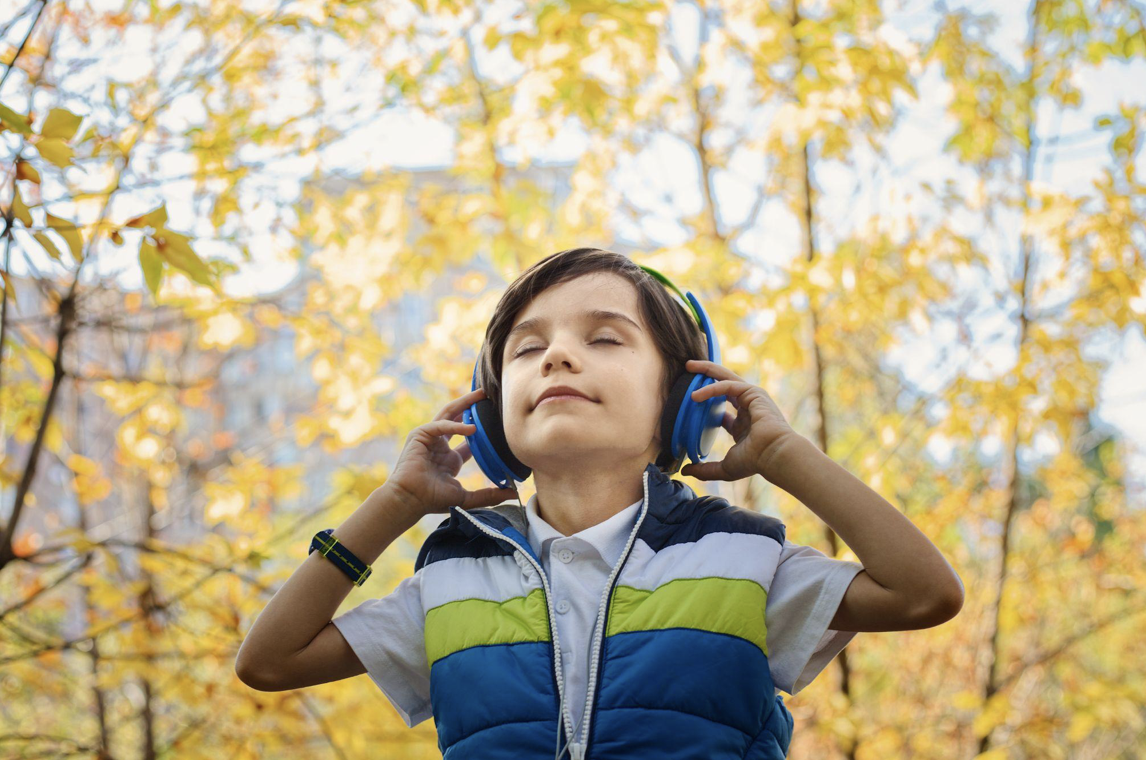The Power of Music in Bolstering Language Skills For Kids
Photo via Pexels
This Blog is a generous contribution by Alyssa Strickland from millennial-parents.com
Childhood is a rich tapestry of experiences, and among these, music stands out as an understated yet influential educator. Beyond simple enjoyment, the realm of music holds the potential to sculpt young intellects and amplify their grasp of language. This article, courtesy of Vocals On Stage, sheds light on the symbiotic relationship between music and language development in children, emphasizing how musical experiences can be instrumental in shaping a brighter linguistic future.
Enhancing Vocabulary with Melodies
Music, replete with lyrics, offers children a natural avenue to broaden their word bank and even learn to speak a new language. Catchy tunes not only engage young minds but also embed new words deep within their memories. This memorable nature of melodies helps children absorb the intricacies and shades of the language. Even without formal teaching, youngsters often find themselves reciting lyrics, unknowingly expanding their linguistic reservoir. The lyrical content of songs, filled with diverse themes and stories, provides a treasure trove of vocabulary, ensuring that language acquisition becomes an enjoyable pursuit.
Synchronized Phonics
Language thrives on its basic sounds and phonetic structures. Music, rich in varied tones, provides a rhythmic backdrop for children to familiarize themselves with these essential linguistic elements. Melodies often emphasize specific sounds, promoting a deeper phonemic awareness among young listeners. By immersing themselves in songs, children intuitively align with the core sound structures of the language, laying the groundwork for more sophisticated linguistic interactions in the future.
Auditory Skills through Rhythms
Music is inherently rhythmic, and this characteristic greatly benefits children's auditory processing capabilities. Engaging with musical rhythms, whether through dancing or mere listening, hones their ability to detect minute differences in sounds. Such refined auditory skills play a pivotal role in enhancing their listening comprehension, equipping them to engage more deeply with spoken language, narratives, and conversations around them.
The Digital Revolution in Sheet Music Accessibility
The modern digital landscape has ushered in a revolution in how sheet music is accessed and shared. Gone are the days of cumbersome physical sheets; now, with the aid of mobile scanning apps, you can scan a document or a piece of sheet music within moments. Parents and educators find this advancement particularly beneficial, as it streamlines the process of introducing children to diverse musical pieces. With just a swift action, any document or image captured using a device's camera transforms into a digital format like PDF. Such innovation ensures that the wealth of musical compositions is always available, democratizing musical exploration and thereby fostering a richer linguistic and cultural environment for young learners.
Vocal Exercises for Linguistic Prowess
Singing isn't merely a musical activity; it's an exercise in language proficiency. Regularly vocalizing lyrics exposes children to the grammatical structures and vocabulary nuances of a language. Moreover, the process of aligning one's voice with the written lyrics boosts comprehension abilities. Thus, the joyful act of singing transforms into an engaging classroom, where language skills are nurtured in harmony with melodies.
Music as a Medium for Creative Expression
Encouraging children to dabble in music is akin to offering them a blank canvas for linguistic creativity. Through songwriting or simple improvisations, they not only explore musical boundaries but also experiment with language. Crafting their tunes and lyrics empowers them to play with words, to innovate, and to communicate their thoughts and feelings. Such creative endeavors strengthen their bond with language, making it a medium of heartfelt expression.
Instruments and Intellectual Growth
Venturing into the world of musical instruments is a holistic cognitive exercise. When children learn to play an instrument, they embark on a quest that demands understanding complex rhythms, interpreting musical notations, and mastering intricate finger movements. This rigorous intellectual engagement goes beyond music, enriching their cognitive reserves and reinforcing their problem-solving skills, which ultimately benefit their linguistic pursuits.
The Beauty of Lullabies
The tender moments before slumber, when a child is serenaded with a lullaby, hold more significance than one might assume. These soothing melodies, laden with words, subtly reinforce linguistic structures and vocabulary. As the young ones drift into their dream worlds, the lullaby continues its silent work, fortifying their language skills, making every night a step towards linguistic mastery.
The entwined worlds of music and language reveal a landscape rich in opportunities for children. As melodies and harmonies echo in young ears, they silently lay the foundation for robust language development. Recognizing and harnessing this musical potential can propel the linguistic journey of the next generation, ensuring that they not only hear the music but also resonate with the words.
Interested in scheduling a session at Vocals On Stage? Reach out today to learn more!
Author: Alyssa Strickland from millennial-parents.com

